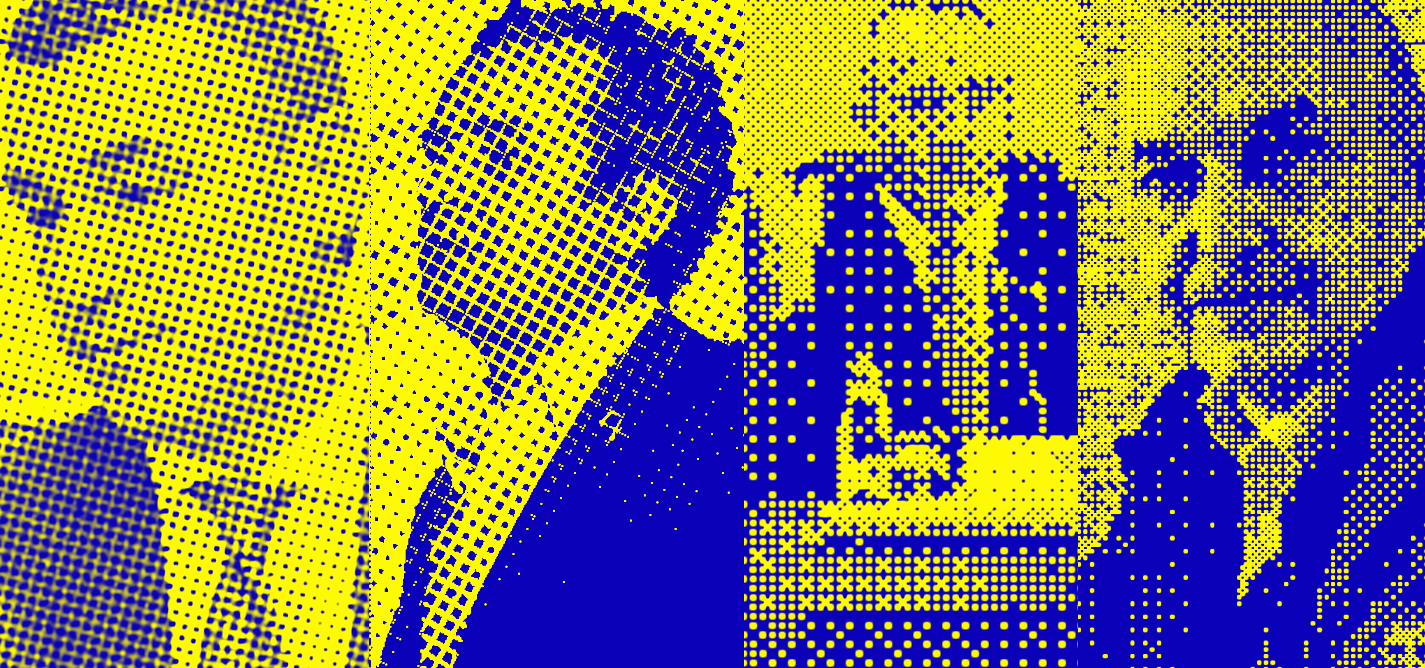
A month of political calculations
Uncertainty reigns supreme in Kosovar politics.
|16.08.2019
|
Politics is unpredictable so no eventual coalition should be completely ruled out.

Fitim Salihu
Fitim Salihu is a former K2.0 staff journalist, covering mainly politics and governance. Fitim has a bachelor’s degree in political science from the University of Prishtina.
DISCLAIMERThe views of the writer do not necessarily reflect the views of Kosovo 2.0.
This story was originally written in Albanian.